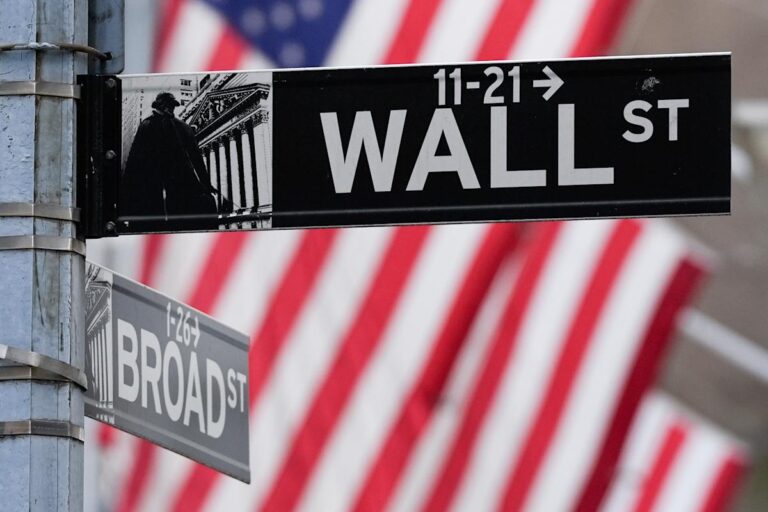Wall Street’s bull case for stocks is increasingly tied to one force — artificial intelligence.
Strategists at Wells Fargo, Barclays, and Deutsche Bank all boosted their respective S&P 500 (^GSPC) targets this week while pointing to resilient earnings and a still-surging AI investment cycle as the backbone of the market’s next leg higher.
Deutsche Bank raised its 2025 forecast for the index to 7,000 from 6,550, the most optimistic among this week’s upgrades. Its chief equity strategist, Binky Chadha, sees an opportunity for the rally “to widen to more cyclical parts and away from the mega-caps as a digestion period approaches after the capex boom.”
Wells Fargo equity strategist Ohsung Kwon set a year-end target of 6,650 for the S&P 500 and expects the benchmark to reach 7,200 by the end of 2026. Barclays, meanwhile, raised its 2025 outlook to 6,450 from 6,050.
Ed Yardeni, president and chief investment strategist of Yardeni Research, also turned more upbeat, lifting his year-end S&P 500 target on Thursday to 6,800 from 6,600.
In his base-case scenario, which he assigns a 55% probability, Yardeni sees a 25% chance of a market “melt-up” to 7,000 by year-end and just a 20% probability of a correction, adding that the odds of a melt-up would rise if the Federal Reserve cuts rates next week and signals more easing ahead.
That call comes as inflation edges higher and the labor market shows strain.
The Consumer Price Index rose 2.9% in August, up from 2.7% in July, while weekly jobless claims jumped to 263,000 — the highest in nearly four years. Despite stickier prices, markets still expect the Fed to cut rates by a quarter point, with rising odds of a larger half-point move.
The index closed was trading just above 6,580 on Thursday.
The mix of sticky inflation, weakening jobs data, and lofty valuations has sharpened focus on the rally’s vulnerabilities, particularly its dependence on a narrow band of mega-cap tech.
Wells Fargo likewise acknowledged the presence of “froth” in the market but argued that should not end the bull run as long as AI capex remains intact.
Barclays strategist Venu Krishna, who said the firm now has a “positive view on the entire tech space,” pointed to the same AI theme, noting that “the ongoing supply/demand imbalance in data centers increasingly favors suppliers of shorter-lived tech assets” while calling fears of AI disruption in software “overblown.”
And while strategists also flagged a range of economic risks from labor market cracks to stagflation, the consensus leaned toward cautious optimism.
Story Continues
